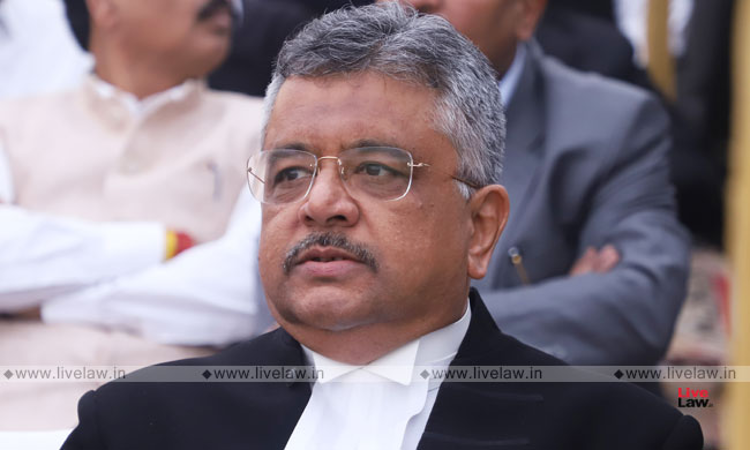Didn't Mean To Say Men Can't Take Orders From Female Superiors, SG Submits In Women Army Officers Case
Mehal Jain
5 Feb 2020 5:54 PM IST

Next Story
5 Feb 2020 5:54 PM IST
"I did not mean to say anyhow that men cannot take commands from female superiors", SG Tushar Mehta clarified on Wednesday his argument in the Supreme Court on gender disparity in the Indian Army."I myself was surprised when I saw the news. I couldn't agree with it...It was reported out of context...", remarked Justice D. Y. Chandrachud in response."Women don't have to make an endeavour to...
